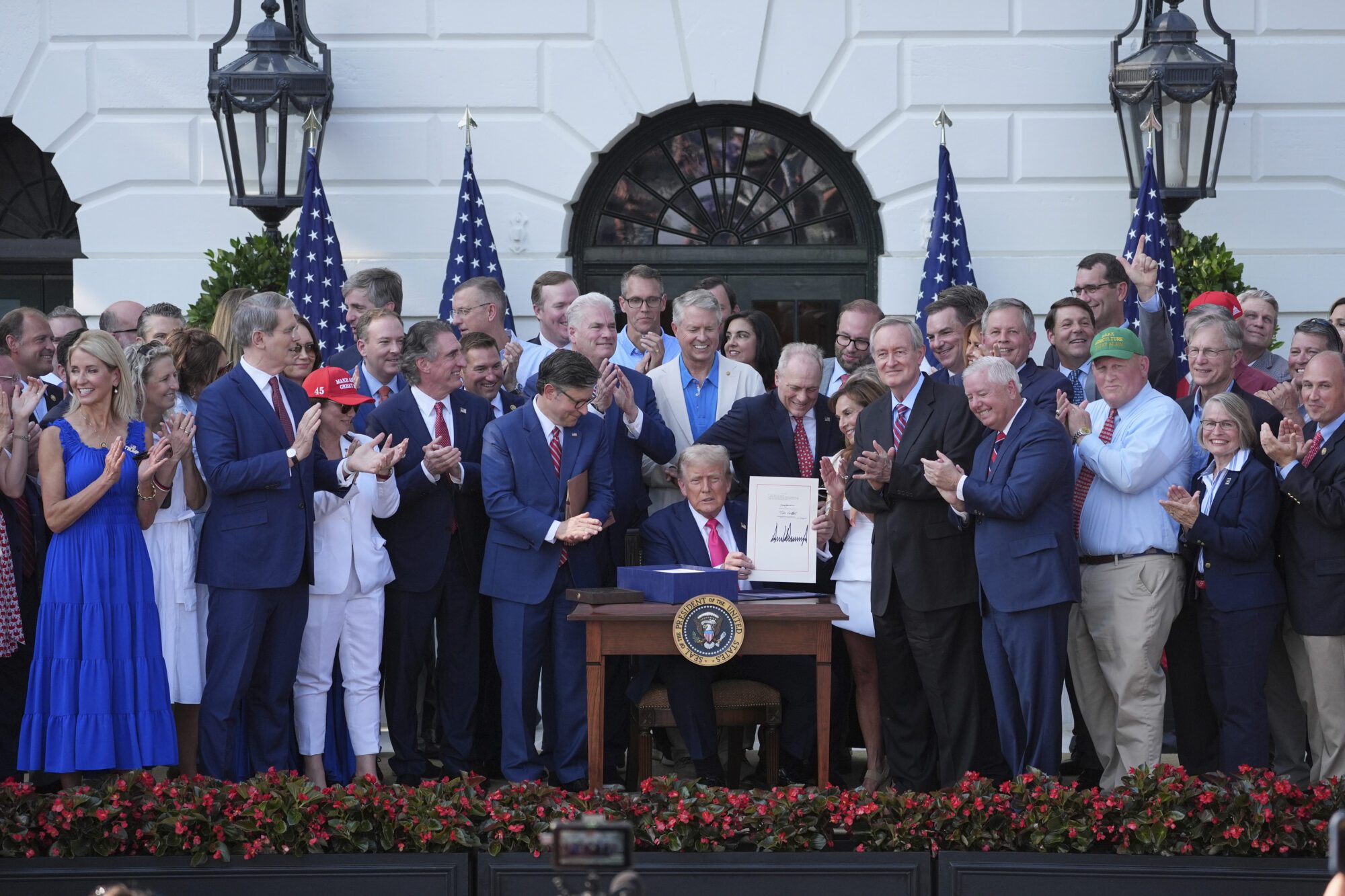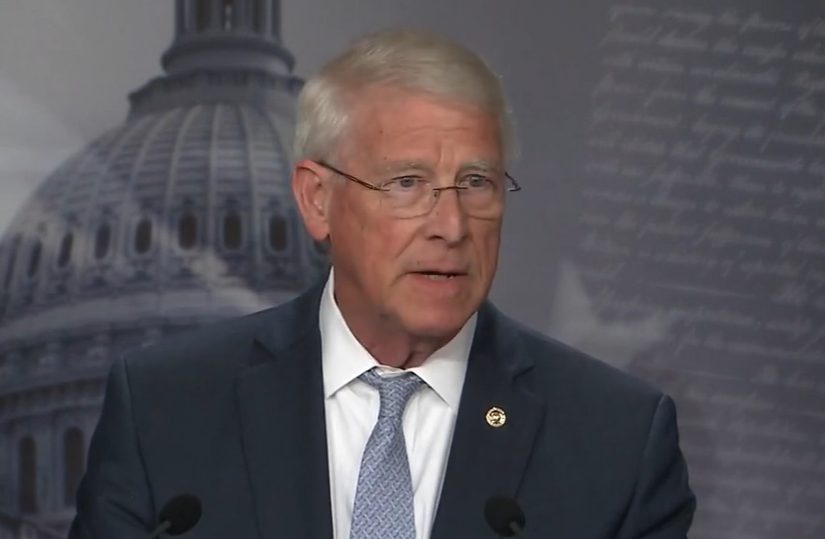
A primary source for the new framework, the National Council for the Social Studies, is an avid supporter of Critical Race Theory in K-12 schools.
The Mississippi Department of Education has proposed a new curriculum for College and Career Readiness Standards (CCRS) for Social Studies in K-12 public schools. The plan is to have the changes implemented by the 2022-2023 school year.
Notice of the proposed changes were given on December 16th and submitted to the Mississippi Secretary of State’s office as required. No hearing is planned prior to the adoption of the new standards at this time. However, if ten (10) or more persons file a written request by January 5, 2022, a public hearing will be required.
Parents of public school students should pay particular attention to the changes being made and consider whether they would like to file a written request for a public hearing to learn more about the proposal.
MDE says the following documents were used as foundational references to the Mississippi CCRS for Social Studies 2021 proposed curriculum:
• National Council for the Social Studies: College, Career, and Civic Life (C3) Framework for Social Studies State Standards: Guidance for Enhancing the Rigor of K-12 Civics, Economics, Geography, and History
• National Assessment of Educational Progress (NAEP) Framework for Civics, Economics, Geography, and U.S. History
• ACT College- and Career-Readiness (CCR) Benchmarks
• National Standards for History Education
• National Standards for the Social Studies
• National Standards for Economic Education
• National Standards for Civics and Government
• National Standards for Geography
• Standards for Advanced Placement programs
• Social Studies standards from other state
• Current literature and research regarding the Social Studies
Using resources from the National Council on the Social Studies (NCSS) may raise the eyebrows of some in Mississippi who are reluctant to condone the implementation of Critical Race Theory and other liberal ideologies in the state’s public education system.
The Mississippi Department of Education is seeking to implement NCSS’ College, Career, and Civic Life (C3) Framework for Social Studies State Standards, integrating the C3 framework with the revised standards into the state’s K-12 schools.
The National Council on the Social Studies not only serves as a resource for curriculum but it is an advocacy group that is actively engaged in policy on the state and federal level. They have published position statements on contextualizing LGBT history in schools, “human rights,” and many other topics.
According to National Review in September of this year, quoting their reports, two of the C3 Framework’s authors, Peter Levine and Meira Levinson, are leading national advocates of action civics. National Review goes on to say that the National Association of Scholars, which resolutely rejects action civics, and has convened a national alliance to oppose it, has issued a scathing critique of the NCSS C3 Framework which concludes: “Any state which has adopted the C3 Framework, or allowed the C3 Framework to shape its social studies standards, should immediately remove these standards and craft new standards.”
NCSS says a misplaced association between socialism, as understood by its opponents, and the progressive educational practices that encouraged students to think critically through inquiry became and remains a widespread misconception. The group goes on to opine that the “increasingly divisive rhetoric following the 2016 and 2020 elections has created a[n]… environment for educators in which a critique of government policy in the classroom can be perceived as unpatriotic rather than a strategy for developing independent and empowered members of the civic population.”
Earlier this year, NCSS joined nearly 80 other organizations in denouncing legislative proposals in Florida that sought to stop the spread of Critical Race Theory from being taught in public schools. As Dr. Alan Stringer, a professor at Hofstra University, wrote in the LI Herald in June, the groups said the bills infringed on “the right of faculty to teach and of students to learn”; “substitute political mandates for the considered judgment of professional educators”; and were designed to prevent an “honest reckoning with all aspects” of America’s past.
In July, FoxNews’ Laura Ingraham exposed NCSS’ motivation using the words of their former president Tina Heafner. Ingraham said Haefner laid the groundwork for an overhaul in the classroom turning students into agitators.
In a presentation to the American Historical Association two years ago, FoxNews quoted Haefner as saying, “Social studies can be an educational space to teach antiracism, to confront the history of racist ideas associated with harmful social economic, cultural, and political disparities, and to champion human rights and antiracist policies.” But she then went further, adding:
“The social studies curriculum, we have been in the last decade, or two decades, at a critical juncture of really recognizing the need to teach critical history.
“It’s also really critical that we begin to introduce a lot of the understandings of the systemic structures that we have in place, and understanding that our role as social studies educators become really important, because the narratives we teach, we often expose students to white exceptionalism.”
If Mississippi parents of public schools want to act and raise their concerns to the state Department of Education, seek clarification, and gain a deeper understanding on this new curriculum, they have to act by next week.
You can read the full document from MDE on the proposed changes below. Revisions and additions begin on page 163.
MS Dept Ed CCR Social Studies – Proposed Curriculum Changes by yallpolitics on Scribd











